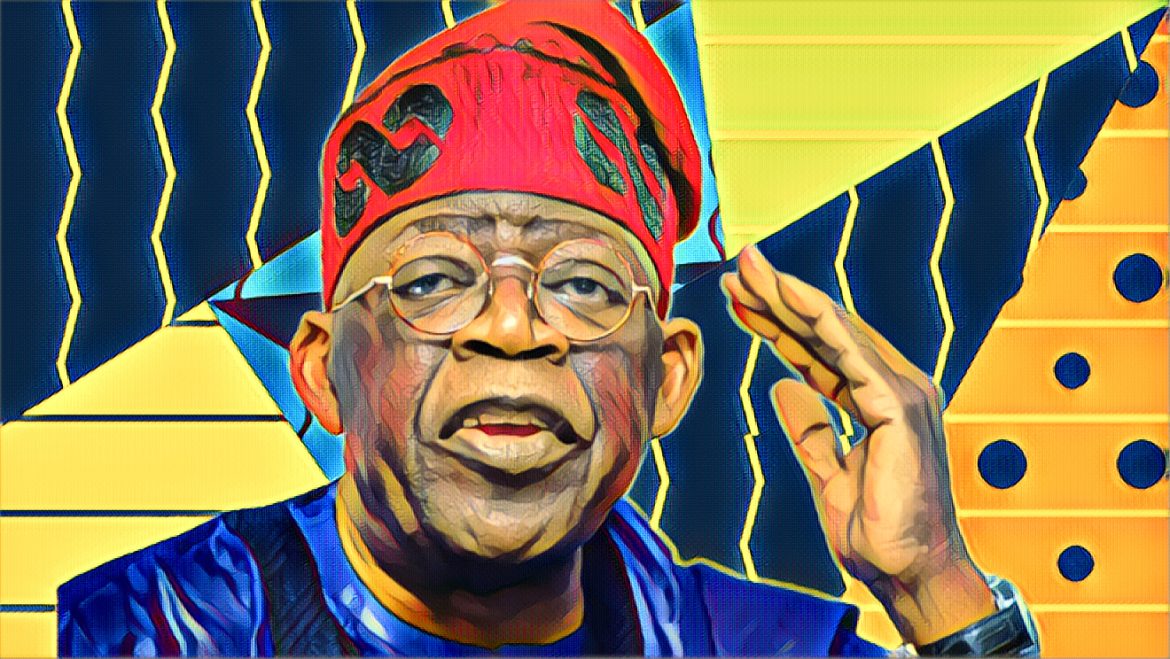Nigeria, Africa’s largest economy, faces a serious challenge of rising foreign debt as investors shun its domestic market. According to a National Bureau of Statistics report, Nigeria borrowed $1.21 billion from external sources in the first half of 2023, while 28 out of its 36 states failed to attract foreign investments.
The report also showed that the total capital importation into Nigeria dropped by 30.42% year-on-year in the same period to $2.16 billion from $3.11 billion in 2022. The main reason for this decline is the scarcity of foreign exchange, making it difficult for businesses and individuals to access dollars and other hard currencies.
The Central Bank of Nigeria (CBN) has struggled to maintain the naira’s stability and local currency amid dwindling oil revenues and rising inflation. The CBN has imposed several restrictions on the use of foreign exchange, such as banning the importation of certain goods and services, limiting access to official channels, and rationing the supply of dollars.
These measures have discouraged foreign investors from putting their money in Nigeria, as they face high currency devaluation risks and capital controls. Many investors have also been deterred by the security challenges and structural problems that plague the country, such as poor infrastructure, corruption, and weak governance.
The impact of the foreign debt crisis on Nigeria’s economic growth is evident in the latest data from the World Bank, which projected that Nigeria’s gross domestic product (GDP) would grow by only 1.8% in 2023, down from 2.1% in 2022. The World Bank also warned that Nigeria faces a high risk of debt distress, as its public debt-to-GDP ratio has risen from 19% in 2015 to 35% in 2020.
The World Bank urged Nigeria to adopt a comprehensive strategy to address its fiscal and external imbalances, such as increasing domestic revenue mobilization, improving public expenditure efficiency, enhancing exchange rate flexibility, and promoting structural reforms.
Some experts have also suggested that Nigeria should seek debt relief from its creditors, especially China, which accounts for about 20% of its external debt stock. China recently became a major lender to Nigeria, financing several infrastructure projects under its Belt and Road Initiative.
However, some analysts have cautioned that debt relief may not be enough to solve Nigeria’s economic woes, as it may affect its credit rating and reputation in the international market. They have argued that Nigeria needs to diversify its economy away from oil dependence, improve its business environment, and attract more foreign direct investment.
Despite Nigeria’s challenges, some observers have expressed optimism that the country can overcome its difficulties and achieve its potential as a regional leader and a global player. They have pointed out that Nigeria has a large and youthful population, a vibrant entrepreneurial culture, and abundant natural resources.
They have also noted that Nigeria has made some progress in implementing reforms in various sectors, such as power, agriculture, health, and education. They have urged the government and the private sector to work together to create more opportunities for innovation, job creation, and inclusive growth.
Source: Punch


